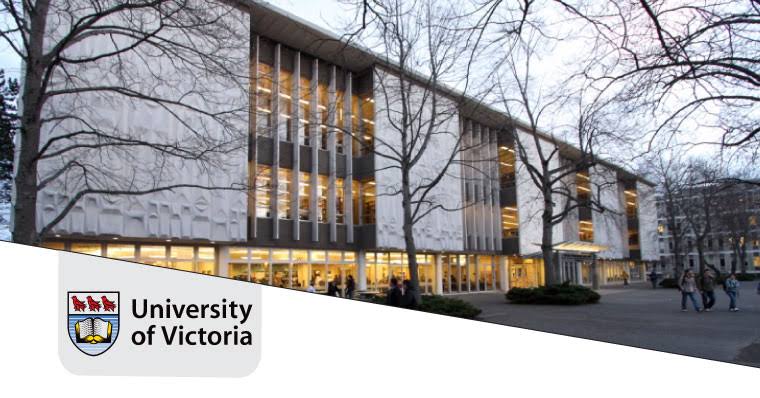Moving to a new country is an exciting yet challenging experience, and for newcomers to Canada, adaptability is one of the most important traits for a successful transition. Canada is a culturally diverse nation with unique social, economic, and environmental dynamics. Adjusting to new surroundings requires flexibility, patience, and a willingness to learn.
Understanding Cultural Diversity
Canada is known for its multicultural environment, with people from different ethnicities, languages, and traditions living together. This diversity offers newcomers a chance to learn from others while also sharing their own culture.
Adapting to this environment means:
- Being open to new cultural practices and social norms
- Learning to respect differences in communication styles and beliefs
- Participating in community activities to build connections
Such openness fosters mutual respect and helps newcomers integrate into society more smoothly.
Adjusting to the Canadian Workplace
Workplace culture in Canada may differ greatly from what newcomers are used to. Professional settings often value teamwork, time management, and clear communication. Employers also encourage initiative and problem-solving.
To adapt effectively:
- Understand workplace etiquette, such as punctuality and collaborative work
- Develop strong communication skills for both written and spoken English or French
- Learn to work with colleagues from diverse backgrounds
By adapting to these standards, newcomers increase their chances of career success and long-term growth.
Coping with Climate and Lifestyle Changes
Canada’s climate can be a major adjustment, especially for those arriving from warmer regions. Winters can be long and cold, requiring proper clothing, heating arrangements, and safety awareness when traveling in snow or ice.
Adaptation tips include:
- Investing in weather-appropriate clothing like insulated jackets and boots
- Learning winter driving safety or relying on public transit
- Embracing seasonal activities such as skating or skiing to enjoy the climate
Adjusting to the lifestyle changes also involves understanding local foods, healthcare systems, and transportation options.
Building Social Connections
For newcomers, creating a social network is crucial for emotional well-being and integration. Canada offers numerous community programs, newcomer support groups, and volunteer opportunities to help build relationships.
Ways to connect include:
- Attending cultural or community events
- Joining interest-based groups or sports teams
- Volunteering to gain experience and meet people
Strong connections help reduce feelings of isolation and offer valuable guidance during the settlement process.
Embracing Continuous Learning
Adaptability also involves being open to learning new skills, languages, and ways of thinking. Whether it is upgrading educational qualifications, learning about Canadian laws, or improving language proficiency, ongoing learning is essential.
Benefits of continuous learning:
- Increased employability in a competitive job market
- Better understanding of Canadian systems and services
- Improved ability to communicate and interact in daily life
This willingness to learn ensures newcomers remain flexible and prepared for future opportunities.
Overcoming Challenges with a Positive Mindset
Adapting to a new country comes with inevitable challenges such as culture shock, homesickness, and initial job search struggles. Maintaining a positive mindset can help newcomers view these challenges as opportunities for personal growth.
Strategies for staying positive:
- Celebrating small achievements during the settlement process
- Seeking advice from other immigrants who have successfully adapted
- Staying patient and persistent even when faced with setbacks




Adapting is never easy but it’s necessary in order to settle in anywhere
Adapting is easy given any habitat
Good
Interesting
Nice